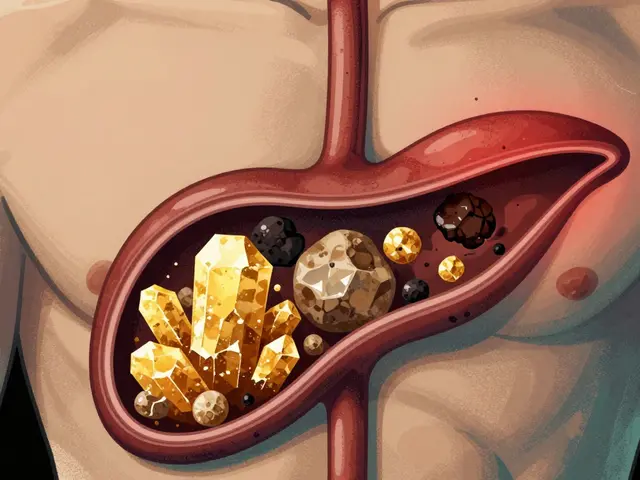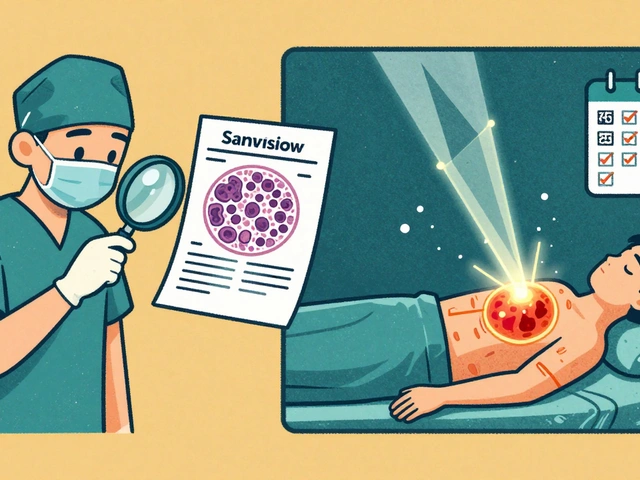Coffee Dietary Supplements: What Works, What’s Safe
Coffee-based supplements promise energy, focus, weight loss, or antioxidant boosts. Want the short version? Pure caffeine gives reliable jump, green coffee bean extract may help with mild weight loss, and coffee fruit or leaf supplements pack antioxidants. Some blends add nootropics or fats for longer energy. This guide helps you spot useful choices and avoid hype.
Types and how to choose
Caffeine pills and powders are straightforward: check mg per serving. Green coffee bean extract lists chlorogenic acid percentage—look for a standardized amount. Coffee fruit and leaf supplements focus on antioxidants; expect smaller, subtler effects. MCT or "bulletproof" mixes add fats to slow absorption, which helps steady energy but adds calories. Nootropic stacks pair caffeine with L-theanine or B vitamins for smoother focus.
How to pick a product: read labels. Avoid "proprietary blends" that hide doses. Prefer clear caffeine amounts and a stated chlorogenic acid percentage for green coffee. Look for third-party testing seals or a batch COA. Real reviews mention side effects and sleep changes, not just five-star hype.
Safety, dosing, buying tips
For most adults 200–400 mg of caffeine a day works well. Start with 50–100 mg if you’re sensitive. Green coffee extract used in studies is often 120–300 mg with standardized chlorogenic acid, but results vary and effects are modest. If a product stacks multiple stimulants or herbal stimulants, cut the dose and monitor effects.
Common short-term benefits people report are faster wake-up, better focus for meetings or workouts, and mild appetite suppression. Antioxidant claims sound good but won’t replace a whole-food diet. Use supplements as a tool to support habits like sleep, hydration, and regular meals.
Risks: jitters, insomnia, faster heart rate, and digestive upset. Don’t mix high-dose caffeine with MAO inhibitors, prescription stimulants, or certain heart drugs without a doctor. Pregnant or breastfeeding people should avoid caffeine supplements unless told otherwise.
Buying tips: try small sample sizes, check caffeine per serving, and compare ingredients rather than marketing claims. Look for independent lab testing and readable labels. Keep a short journal for a week noting sleep and mood changes to see if a product helps you.
Regulation and quality matter. Supplements aren’t regulated like drugs, so reputable brands, clear labels, and third-party certificates are your best filter. If you take meds, ask your pharmacist about interactions before starting a new coffee supplement.
Quick math: a typical 8-ounce brewed coffee has about 95 mg of caffeine. An espresso shot has around 63 mg. If you aim for 200 mg daily, two small coffees or one coffee plus a 100 mg supplement will do it. Remember caffeine from tea, chocolate, and some meds counts too. Track total daily intake so you don't accidentally exceed your limit, and always lower the dose if sleep or anxiety worsen.
Tell me your goals and I’ll recommend safe, tested products with exact doses.
I recently discovered how coffee dietary supplements can truly energize your life and change your health game. These supplements not only boost energy levels but also offer numerous health benefits, such as improved mental clarity and enhanced metabolism. Incorporating them into my daily routine has made a noticeable difference in my productivity and overall well-being. If you're looking for a natural and effective way to improve your health, I highly recommend giving coffee dietary supplements a try. Stay tuned for more on this game-changing addition to a healthier lifestyle!
Continue Reading




